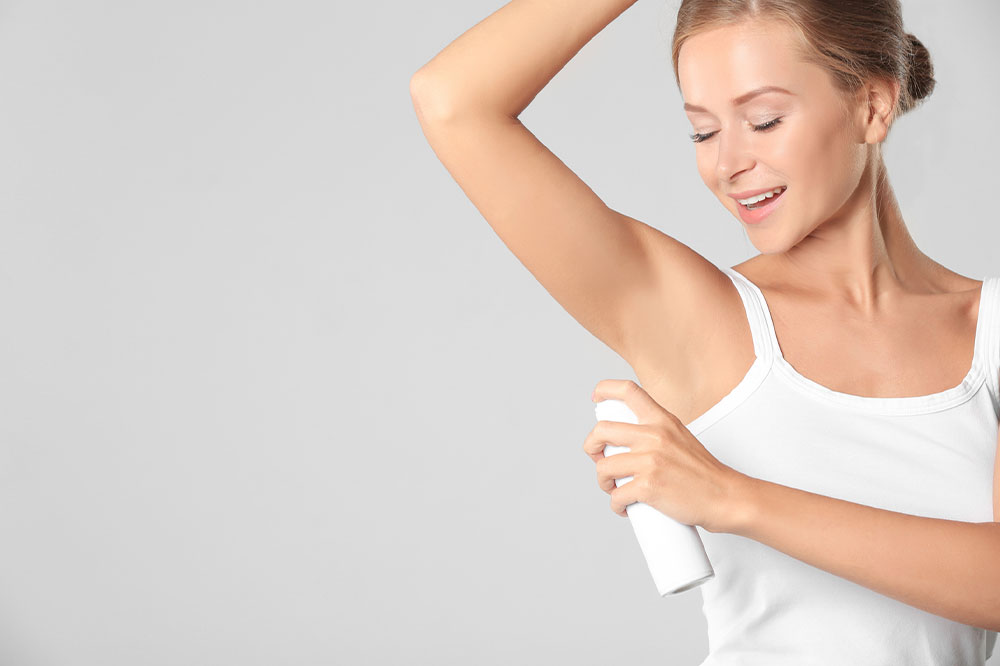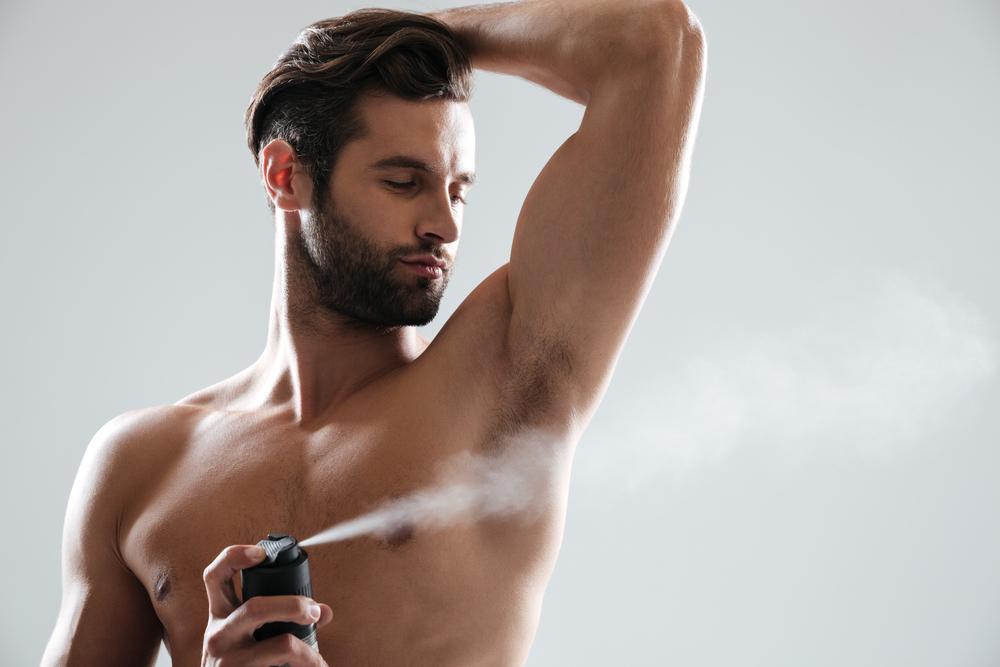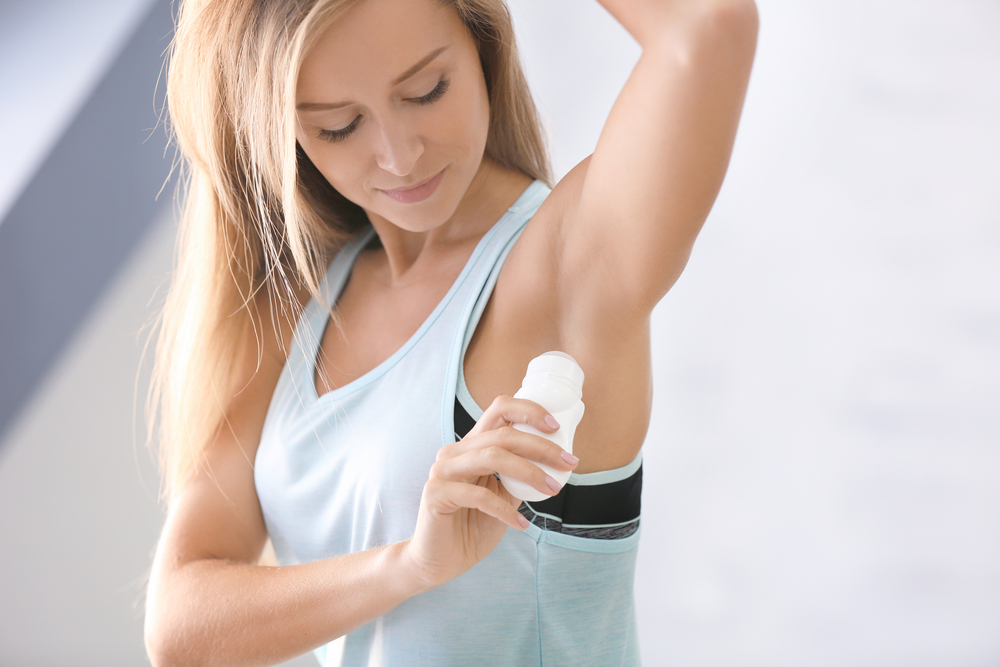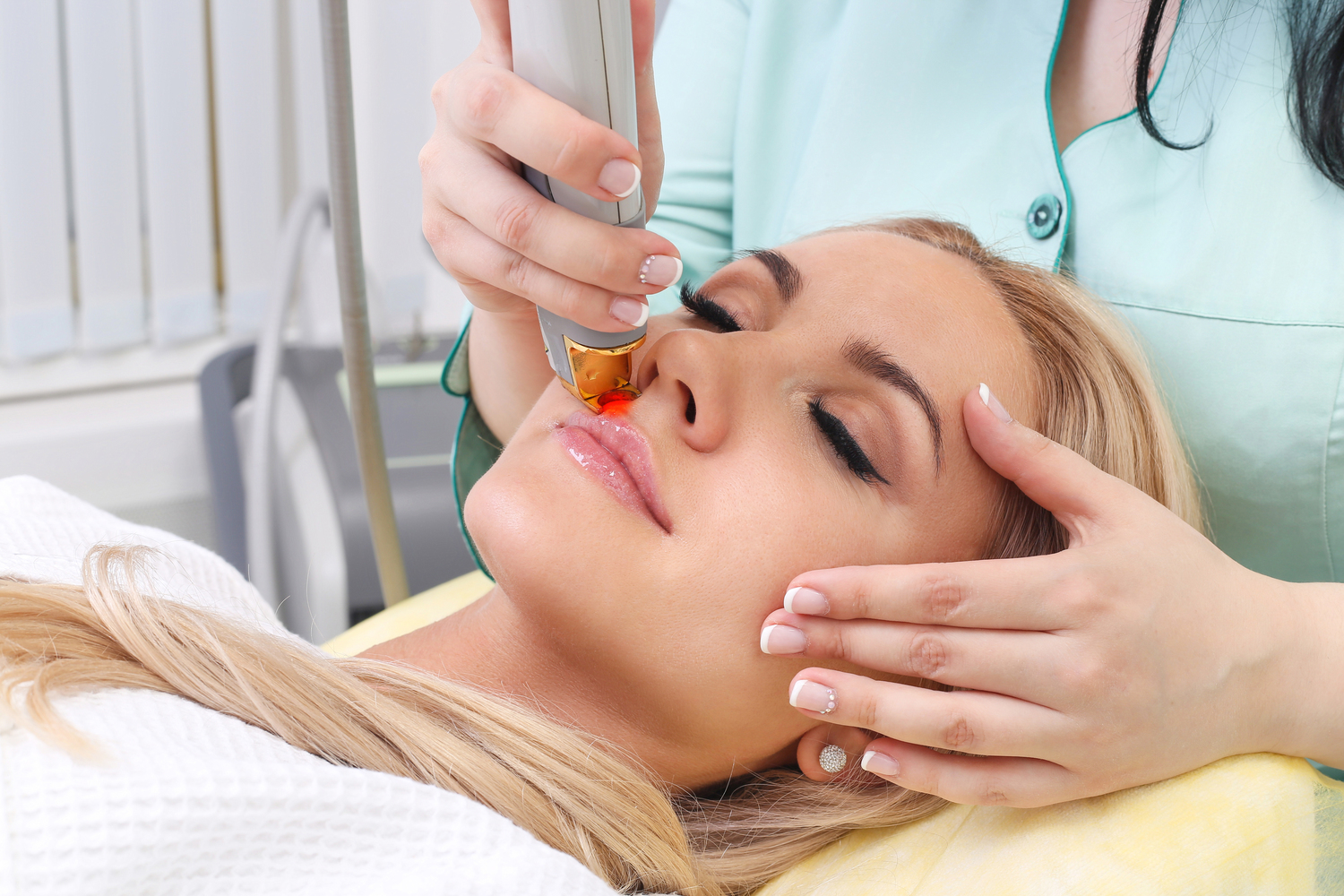Comprehensive Guide to Safe and Gentle Deodorants for Sensitive Skin
This comprehensive guide explores safe deodorant options ideal for sensitive skin. It highlights common harmful chemicals in traditional products, such as aluminum, parabens, and triclosan, and provides natural alternative recommendations. The article emphasizes the importance of choosing ingredients carefully to avoid irritation and health risks, offering insights into effective, chemical-free deodorants like Native, Nécessaire, and Papr™ Natural. Suitable for those seeking gentle, safe solutions, this guide helps consumers make informed choices for their skin health and overall wellness.

Comprehensive Guide to Safe and Gentle Deodorants for Sensitive Skin
Selecting the appropriate deodorant and antiperspirant is crucial for individuals with sensitive skin. While deodorants primarily focus on odor control, antiperspirants are designed to minimize sweating by blocking sweat ducts. Many products on the market combine both functions to offer comprehensive underarm care. However, concerns about the chemical ingredients used in these formulations have risen significantly in recent years. Most commercial underarm products contain certain chemicals that can cause irritation, allergic reactions, or other health issues, especially for those with sensitive skin. It is vital to understand these potential risks and learn how to choose safer alternatives that provide effective odor and sweat control without compromising skin health.
Understanding Harmful Ingredients in Underarm Products
Many deodorants and antiperspirants contain a variety of chemicals that may pose health risks over prolonged use. Awareness of these ingredients can help consumers make informed decisions. Here are some of the most common harmful ingredients found in these products:
Aluminum Compounds: Used to block sweat glands and reduce perspiration, aluminum compounds are the cornerstone of many antiperspirants. However, research has suggested a possible link between aluminum exposure and increased risks of breast cancer, as aluminum can mimic estrogen, a hormone involved in breast tissue growth. There are also concerns about potential links to kidney problems, bone density loss, and neurodegenerative conditions like Alzheimer’s disease. While regulatory agencies deem these ingredients safe at regulated levels, many individuals prefer to avoid aluminum altogether, especially those with sensitive or compromised skin.
Parabens: These chemicals serve as preservatives to extend shelf life in many cosmetic and personal care products. Parabens can easily penetrate the skin and have been detected in breast tissue, raising concerns about hormone disruption and increased breast cancer risk. Studies have shown that parabens can act as endocrine disruptors, interfering with estrogen and other hormone functions, particularly with cumulative exposure over time. Consequently, many consumers are choosing paraben-free alternatives, especially those with sensitive skin or a higher risk profile for hormonal issues.
Triclosan: An antimicrobial agent incorporated into some deodorants and antibacterial products, triclosan aims to combat bacteria responsible for odor. However, it has been linked to endocrine disruption, affecting hormone regulation, and contributing to the development of antibiotic-resistant bacteria. Regulatory authorities have raised concerns about its safety, leading many brands to eliminate triclosan from their formulations due to consumer demand for more natural products.
Natural Alternatives and Safer Options for Sensitive Skin
Dermatologists and health experts increasingly recommend natural, chemical-free deodorants for individuals with sensitive or reactive skin. These products tend to use plant-based ingredients, essential oils, and mineral components that are gentle yet effective. Here are some of the top natural deodorant options that are both safe and efficient:
Native Sensitive Deodorant: This popular brand offers deodorants made from natural ingredients, ensuring they are vegan and free from potentially harmful chemicals like aluminum compounds and baking soda. It provides all-day odor protection with a variety of pleasant scents, suitable for sensitive skin types.
Nécessaire The Deodorant: Endorsed by dermatologists and pediatricians, this deodorant is formulated without aluminum, parabens, or synthetic fragrances. It employs natural enzyme technology to neutralize odor and maintain skin dryness and comfort throughout the day, making it an ideal choice for sensitive or reactive skin.
Papr™ Natural Deodorant: Known for its eco-conscious approach, Papr™ Natural utilizes cold-pressed essential oils and nourishing shea butter to deliver a long-lasting fresh scent. Packaged in environmentally friendly materials, it caters to consumers seeking sustainable options without compromising on effectiveness or skin health.
Overall, choosing the right deodorant for sensitive skin involves understanding ingredients and prioritizing natural, chemical-free options. By avoiding potentially harmful chemicals like aluminum, parabens, and triclosan, individuals can reduce the risk of irritation and long-term health issues, while still maintaining effective odor and sweat control.





